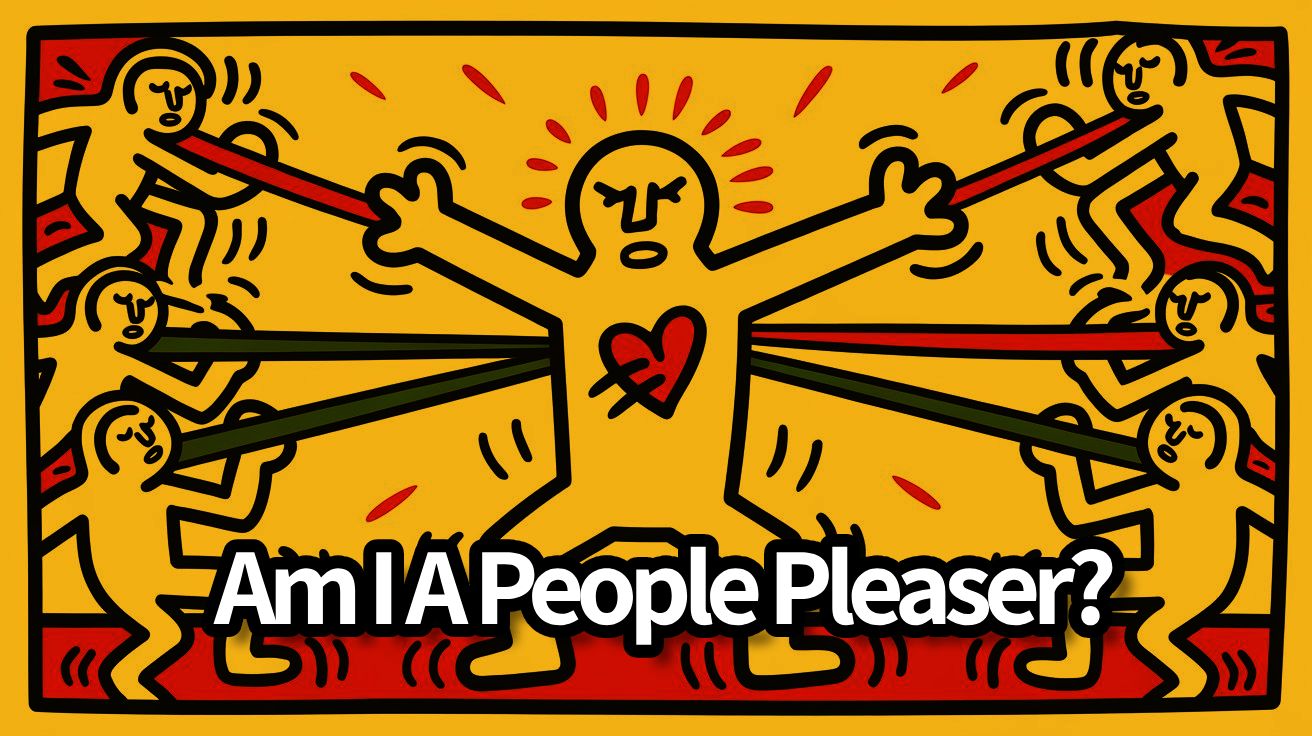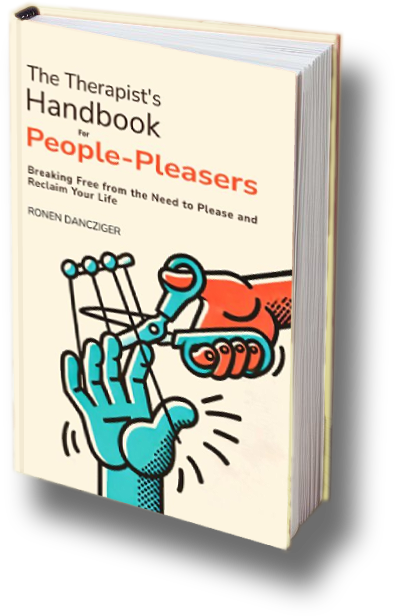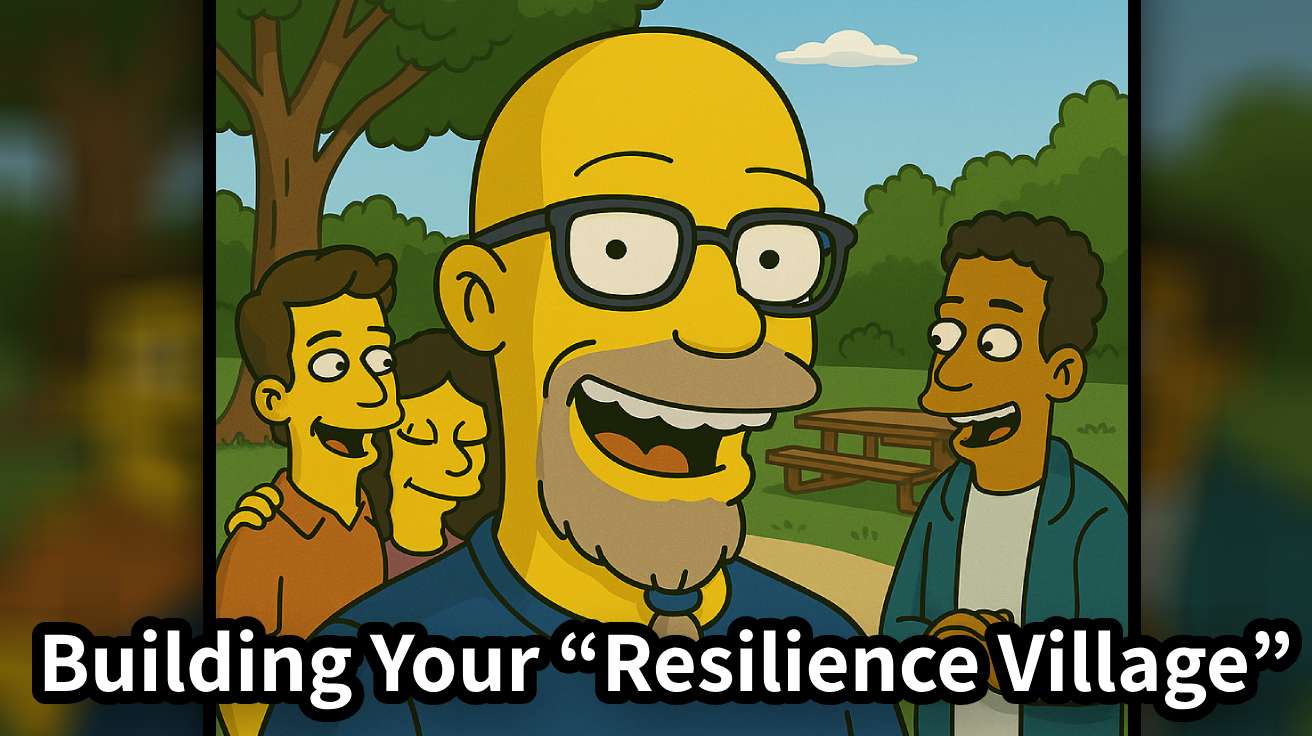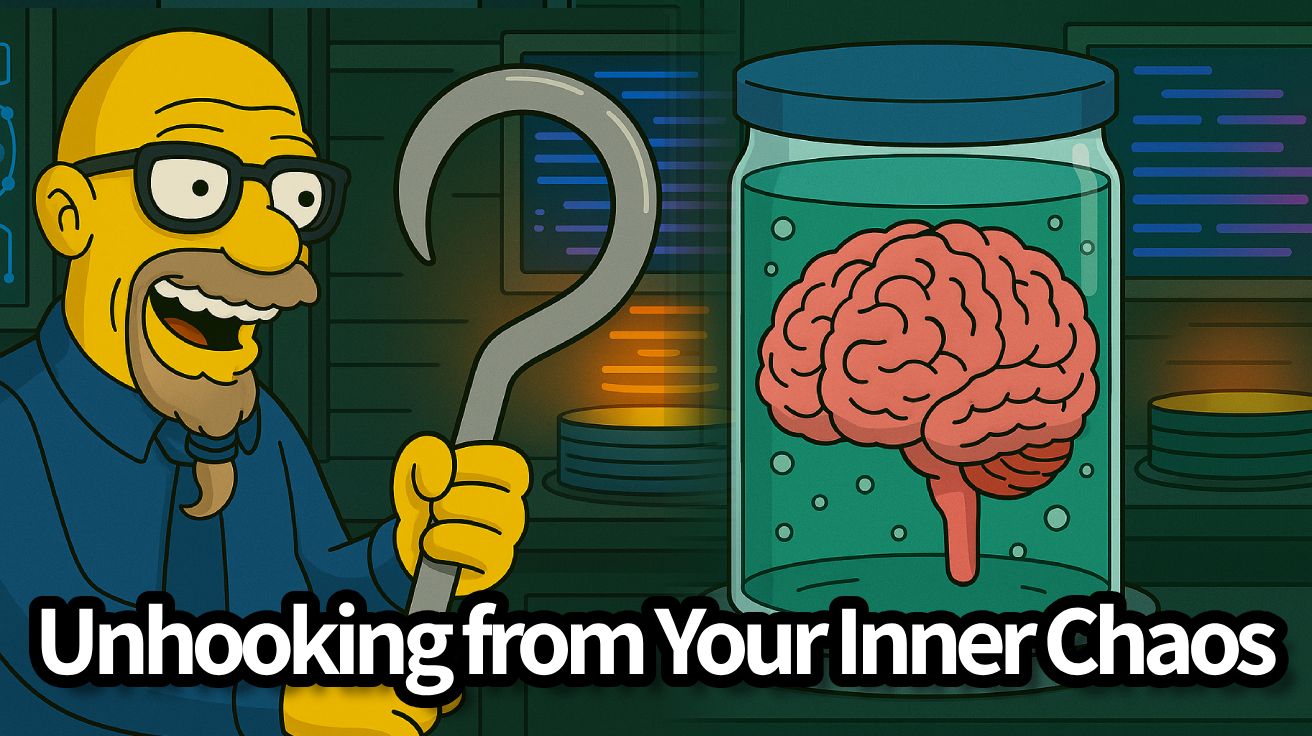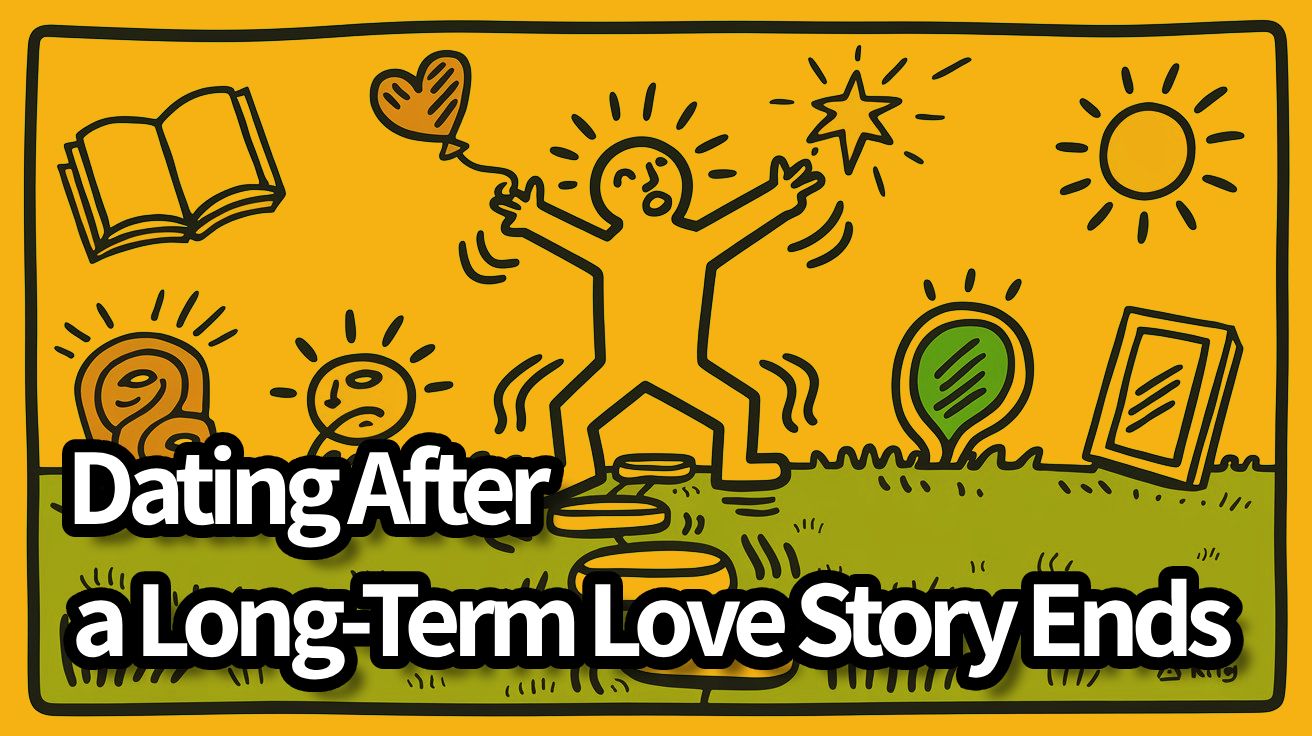How Can I Know If I’m a People Pleaser?
Ever find yourself saying “yes” when you really mean “hell no”? Or apologizing for things that aren’t your fault? You’re not alone. People-pleasing is a common pattern, and it’s often hard to spot in yourself.
It’s not about being nice; it’s about consistently putting other people’s needs before your own, often at your own expense. Let’s get real: are you a people-pleaser?
The Reality Check: Common People-Pleasing Behaviors
Here’s a quick checklist. Take a moment to reflect:
Everyday Signs:
- Do you struggle to say “no,” even when you’re swamped or don’t want to?
- Do you agree with others, even when you disagree, to avoid rocking the boat?
- Do you apologize way too much, even when you’ve done nothing wrong?
- Are you constantly fishing for approval and validation?
- Do you obsess over what others think of you?
When asked your preference, do you say “it doesn’t matter” or “I don’t care” then ask what the other person wants?
Deeper Patterns:
Beyond the everyday habits, there are deeper patterns that shape how you see yourself and your relationships. These patterns often take root over time and can be harder to spot.
- Do you prioritize others’ needs over your own, to the point of neglecting yourself?
- Do you take on everyone else’s emotional baggage?
- Do you avoid expressing your own needs or opinions?
- Do you feel guilty or anxious when you set boundaries?
- Do you try to anticipate everyone’s needs before they even ask?
- Do compliments make you cringe?
- Do you often feel resentful or taken advantage of?
- Do you feel responsible for everyone’s happiness?
- Do you change your behavior to fit in?
- Do you struggle to make decisions because you’re worried about others’ opinions?
- Do you give up on your own goals easily?
If you checked off a few of these, you’re likely dealing with people-pleasing tendencies.
Digging Deeper: Reflective Questions
Recognizing these patterns is just the first step. To break free from people-pleasing, it’s crucial to understand the deeper ‘why’ behind these habits. Grab a journal and answer these questions honestly:
- When was the last time you said “yes” when you wanted to say “no”? Why did you do it? How did you feel after?
- How do you react to criticism or disapproval?
- How often do you worry about what others think? How does it affect your actions?
- Do you feel like you give more than you get in your relationships?
- Do you struggle to ask for help? Why?
- What are your biggest fears about setting boundaries?
- How do you define your worth? Is it based on others’ opinions?
- Are your goals and dreams your own, or are you trying to please others?
- What emotions come up when you prioritize your own needs?
These questions are designed to get you thinking. No judgment, just honest reflection.
Connecting the Dots: Are You a People-Pleaser?
When you spend your life prioritizing everyone else, you start to disappear—not just physically, but emotionally. The burnout, the resentment, the exhaustion—it’s not a coincidence. It’s the weight of constantly pushing yourself aside. The good news? They can change.
Your Next Step
Self-awareness is the first step. Change is always possible.
If you’re tired of feeling drained and stretched too thin, The Therapist Handbook For People-Pleasers gives you the roadmap to set boundaries, reclaim your time, and stop living for everyone else.
If you want to delve deeper into the different types of people-pleasers, check out this post: “The 6 Types of People-Pleasers (Are You One?)”.
You don’t have to be everything to everyone. You deserve to take up space, set boundaries, and live on your own terms. Are you ready to start?
Important Note: This post is for self-reflection. If you’re struggling, consider seeking professional help.

